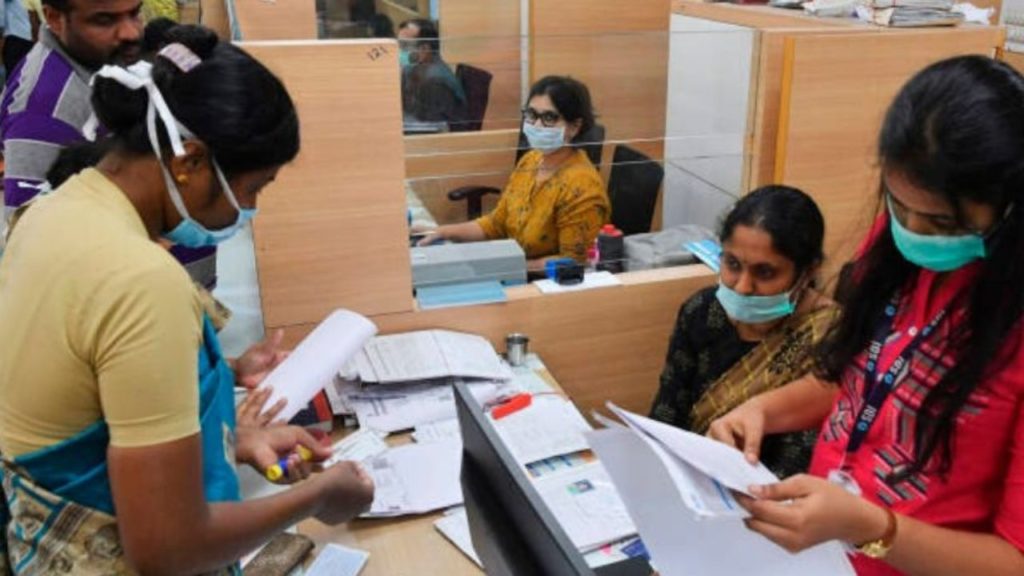
The lockdown announced by PM Modi for a period of 21 days to curb the spread of Covid-19 pandemic has brought the Indian businesses and market to a standstill!
The Reserve Bank of India (RBI) on March 27, in a press conference announced a moratorium of up to 3 months for loans outstanding as on March 1, 2020. Of course we covered the overall details of this scheme as and when it was released.
Building up on that, the fresh news here is that a Public Interest Litigation (PIL) has been filed in the Supreme Court on Saturday against RBI for its this very move on passing the March 27’s circular.
Let’s understand this in brief.
RBI’s ‘3 Month-Moratorium Permitted for Loan Repayment’
The Reserve Bank of India’s on March 27 passed a circular, permitting all the lending institutions to allow a three moratorium period on payment of all installments falling due between March 1, 2020 and May 31, 2020.
A similar three-month deferment for all working capital loans to help borrowers tide over the coronavirus related economic hardships was also permitted.
Interest shall continue to accrue on the outstanding portion of the term loans during the moratorium period.
This means, if you’re deferring payment of an EMI of, say Rs 1,000, and the bank is charging interest at the rate of 10% on outstanding sum, you’ll have to pay Rs 25 extra on each of the three EMIs that has not been paid during the moratorium.
So, to be clear, you’re deferring payment of an EMI of, say Rs 1,000, and the bank is charging interest at the rate of 10% on outstanding sum, you’ll have to pay Rs 25 extra on each of the three EMIs that has not been paid during the moratorium.
Where’s the Relief Here?
The relief is that in case you take the moratorium you will not get reported to CIBIL as a defaulter. It is a welcome move for those customers whose short-term cash flows are adversely affected by the coronavirus pandemic.
This will bring relief to all borrowers, including those who have home loans, auto loans, education loans, agricultural term loans, retail and crop loans to their names. It will also be applicable on credit card dues.
Petition Filed Against RBI on this Move
The PIL filed by activist and advocate Amit Sahni against RBI, seeks the Supreme Court’s directions to ensure that customers are not charged accrued interest for the moratorium period.
The petition seeks that no interest be charged during the moratorium, as citizens are already facing extreme hardships, whereby businesses and works have come to a halt, crashing the entire market. Hence, there is no sense in paying additional interest along with the regular EMIs.
The PIL further says that during such difficult times, the state must not look to enrich itself, and has also sought SC directions to both the RBI and the government to consider even extending the moratorium period for loan repayment for longer. ?

Comments are closed, but trackbacks and pingbacks are open.